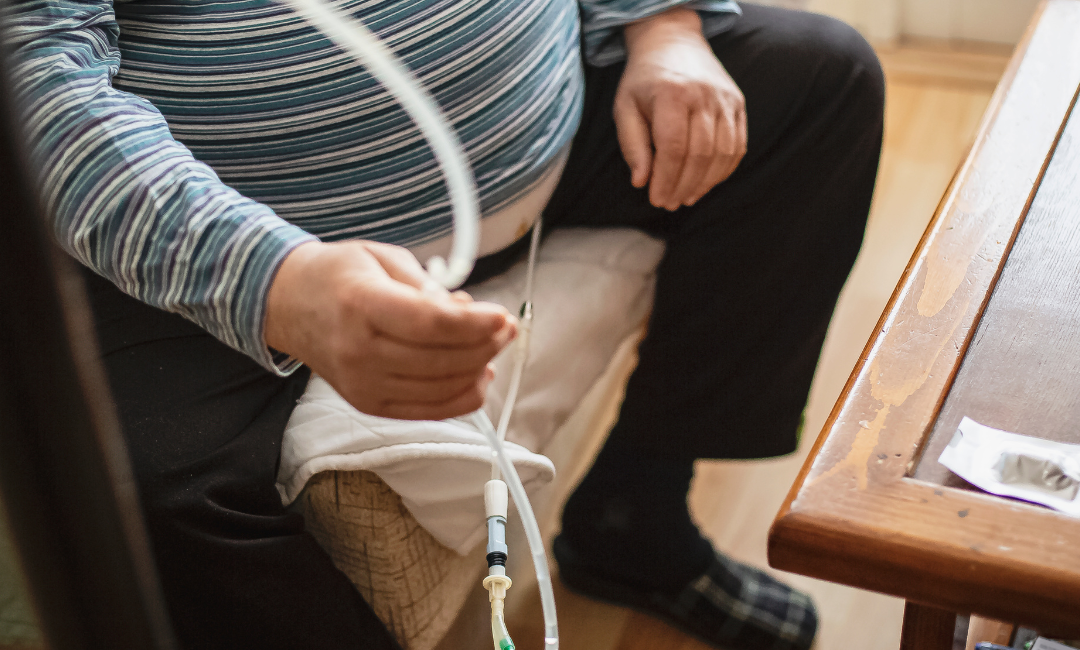Psychiatric Mental Health Nurse Practitioner vs a Therapist
Therapists are not able to prescribe medications and do not approach mental health care from a nursing education. PMHNPs can foster a relationship with their patients since they can provide psychotherapy services, approach mental health care from a nursing perspective, and can perform nurse practitioner duties.
Because of this continuity of care mental health care PMHNPs provide, they are typically seen as trailblazers in their local community regarding mental health.
If you are considering being a psychiatric/mental health nurse practitioner, I would recommend that you ask yourself if you truly are passionate about mental health, nursing, and compassionate patient care.









